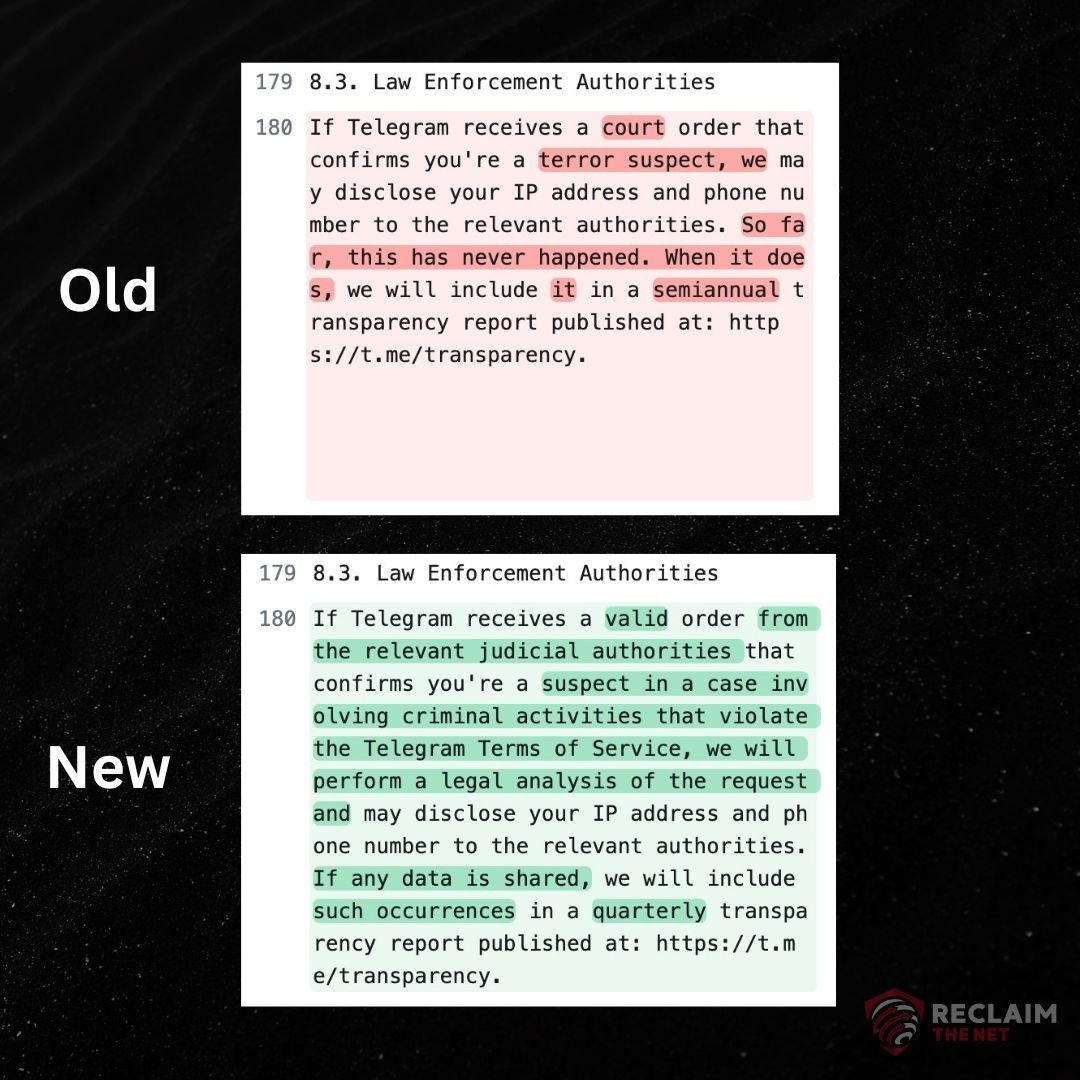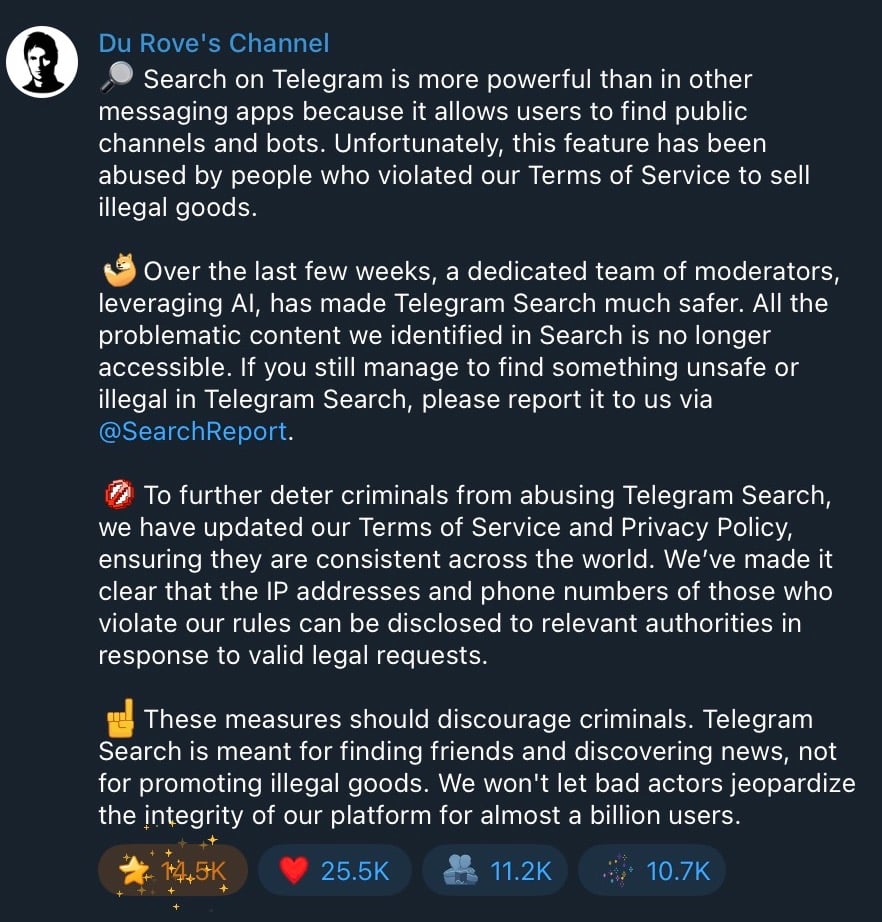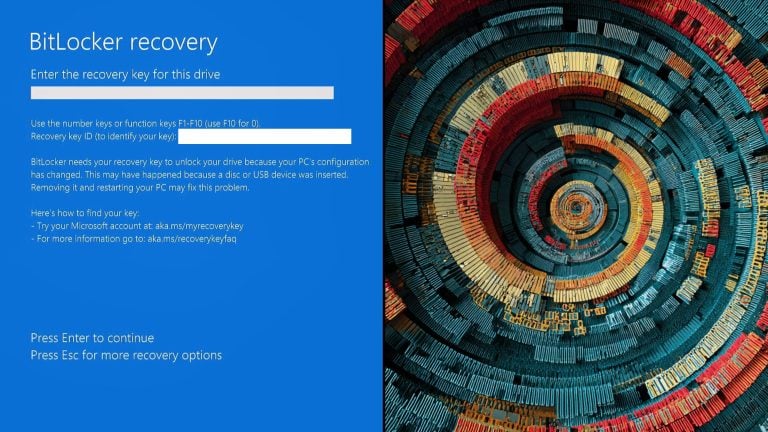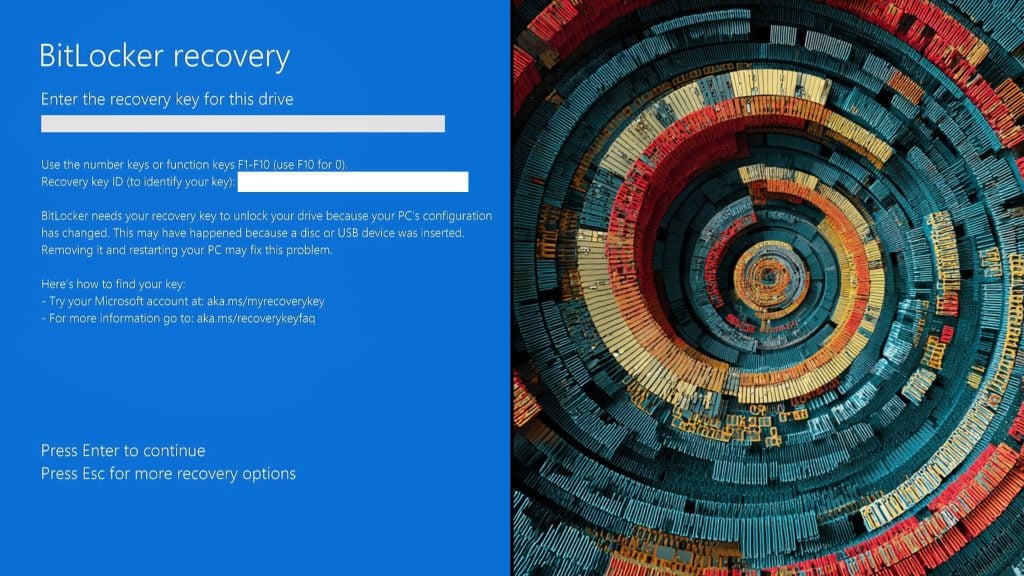Telegram, the messaging app that once positioned itself as the rebel’s answer to Big Tech surveillance, has made a sharp U-turn on the “we protect your data at all costs” highway. On Monday, the company quietly updated its privacy policy to allow for the disclosure of user information—like those precious IP addresses and phone numbers—to law enforcement, but only, of course, if they present a valid legal request.
As we all know, no one has ever stretched the definition of “valid” to fit their agenda, right?
This revelation comes hot on the heels of a little incident back in August, when Telegram’s CEO Pavel Durov found himself in handcuffs, detained by French authorities. What was the crime? Well, it appears Telegram was accused of playing hardball with French law enforcement, refusing to hand over data, leading to Durov’s arrest. It seems law enforcement didn’t take kindly to that level of noncompliance, especially after making 2,460 unanswered requests for information.
The Policy Flip-Flop
The new policy revision is a complete about-face from the one Telegram’s loyal fans were sold on. The old rules were crystal clear. Telegram might give up your details—your IP address and phone number—but only if you were a suspect in a terror case. The policy even reassured everyone that this kind of handover had never happened.
Not anymore.
Now, Telegram has widened the net. According to the newly revised policy, if you violate Telegram’s Terms of Service—you know, the thing no one ever reads—they may hand over your info if they get a “valid” order. The language is dripping with corporate hedging: “If Telegram receives a valid order from the relevant judicial authorities that confirms you’re a suspect in a case involving criminal activities that violate the Telegram Terms of Service, we will perform a legal analysis of the request and may disclose your IP address and phone number to the relevant authorities.”

Of course, Telegram is still committed to transparency—at least on paper. The company promises to disclose all such incidents in its quarterly transparency reports, which, conveniently, can be accessed via a dedicated bot.
Durov’s Declaration: Aimed at Who, Exactly?
Durov took to Telegram to tell users, “We have updated our Terms of Service and Privacy Policy, ensuring they are consistent across the world.”

He continued, “We’ve made it clear that the IP addresses and phone numbers of those who violate our rules can be disclosed to relevant authorities in response to valid legal requests.”
Durov further added, “These measures should discourage criminals. Telegram Search is meant for finding friends and discovering news, not for promoting illegal goods. We won’t let bad actors jeopardize the integrity of our platform for almost a billion users.”
The French Connection
But what really forced Telegram’s hand? Let’s rewind to Durov’s August airport arrest, where things started to get clearer.
After allegedly over 2,400 ignored requests for data, French authorities had had enough. They brought in the National Gendarmerie to get to the bottom of Telegram’s refusal to cooperate.
Apparently, turning over data wasn’t an option until they started detaining CEOs.










